Macau Chief Executive Ho Iat Seng Won’t Seek Reelection in Casino Enclave
Posted on: August 22, 2024, 12:55h.
Last updated on: August 22, 2024, 01:42h.
Macau Chief Executive Ho Iat Seng won’t seek reelection for a second and final five-year term leading the Chinese Special Administrative Region (SAR).
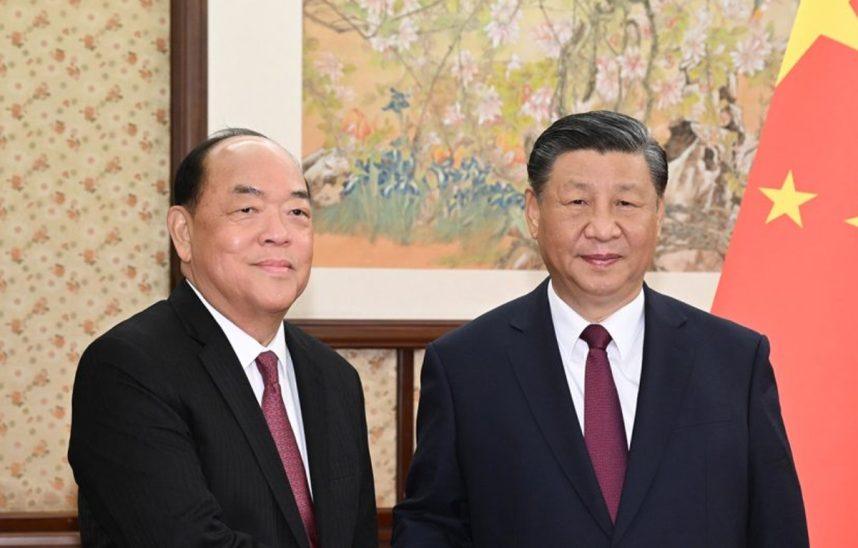
Ho took a sudden medical leave of absence in mid-June to receive treatment for an undisclosed illness. He extended the leave and questions have remained since he returned to office in early August.
I have profound feelings for Macau and have done my utmost for Macau’s development but due to the fact that my health has not been fully restored, for the sake of Macau’s long-term development and from the perspective of the overall situation, I have decided not to participate in the election for the sixth-term chief executive,” Ho said in a government release. “I will fully support the sixth chief executive and the Macau SAR Government in governing according to law and in their continued contribution to the cause of ‘One Country, Two Systems’ and the development of Macau.”
Macau is the only place under Chinese control where casino gambling is allowed.
Most Difficult Period
Macau’s chief executive is elected every five years by a 400-person election committee. The composition of the electorate is comprised mostly of establishment figures who have pledged their allegiance to Beijing and the SAR.
Ho was picked by the committee in October 2019 to succeed Fernando Chui, who served in the chief executive role for 10 years. Ho assumed office on December 20 of that year.
Ho’s time in office couldn’t have come during a more difficult period, as the COVID-19 virus emerged in China that same month. Ho’s government oversaw three years of lockdowns and sporadic closures as China President Xi Jinping maintained his controversial “zero-COVID” policy until late 2022.
Ho’s tenure also saw the exodus of VIP junket groups that had worked with Macau’s casinos to bring high rollers from the mainland to the enclave to gamble. Amid the coronavirus, China instructed Macau to lessen its economic reliance on casino taxes.
In December 2022, the Macau SAR Government, under Ho’s command, granted the region’s six commercial casino operators fresh 10-year gaming licensing extensions. They came at a costly price, as Ho’s government required that in exchange for the new concessions, the six companies must collectively invest nearly $18 billion in nongaming projects.
The goal of the nongaming pledge is to diversify the casino industry away from the VIP gambler to more of the mass market and MICE (meetings, incentives, conferences, exhibitions) business.
China’s central government believed the flow of billions of dollars from the mainland through the tax haven of Macau posed national security risks. The law enforcement crackdown was highlighted by China’s successful prosecution of Suncity Group founder Alvin Chau, who was convicted of illegal gambling and criminal association, and sentenced to 18 years in prison.
Chief Executive Candidates
The question now becomes who will succeed Ho in the most important government role in Macau?
Anyone aged 40 and older who is a Chinese citizen and permanent resident of Macau can submit their candidacy. Candidates must also not have residency status in any other country.
Jorge Chiang, a businessman and president of the Macau Lotus Chamber of Commerce, announced his candidacy last month on Facebook. But the odds likely favor Sam Hou Fai, the current president and chief justice of Macau’s Court of Final Appeal.
Candidates must formally declare their candidacy between August 29 and September 12. The election committee will cast its votes on October 13.
Related News Articles
Macau Chief Executive Ho Iat Seng ‘Confident’ Regarding Local Casino Industry
Macau Chief Executive: Casino Hub Needs More Mass-Market Hotel Rooms
Most Popular
Sphere Threat Prompts Dolan to End Oak View Agreement
MGM Springfield Casino Evacuated Following Weekend Blaze
This Pizza & Wings Costs $653 at Allegiant VIP Box in Vegas!
Atlantic City Casinos Experience Haunting October as Gaming Win Falls 8.5%
Most Commented
-
VEGAS MYTHS RE-BUSTED: Casinos Pump in Extra Oxygen
— November 15, 2024 — 4 Comments -
VEGAS MYTHS RE-BUSTED: The Final Resting Place of Whiskey Pete
— October 25, 2024 — 3 Comments -
Chukchansi Gold Casino Hit with Protests Against Disenrollment
— October 21, 2024 — 3 Comments
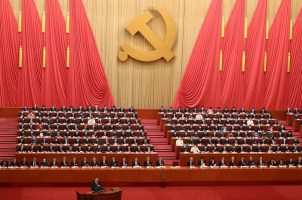
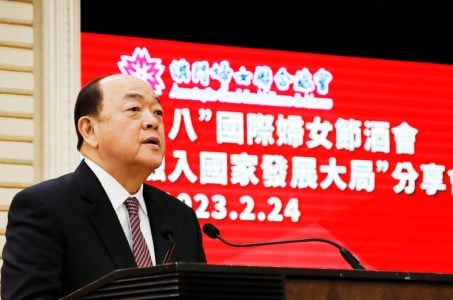
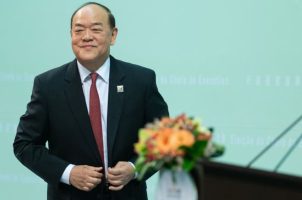
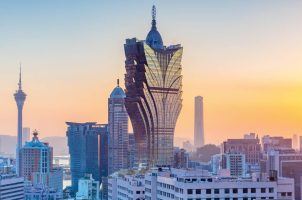












No comments yet